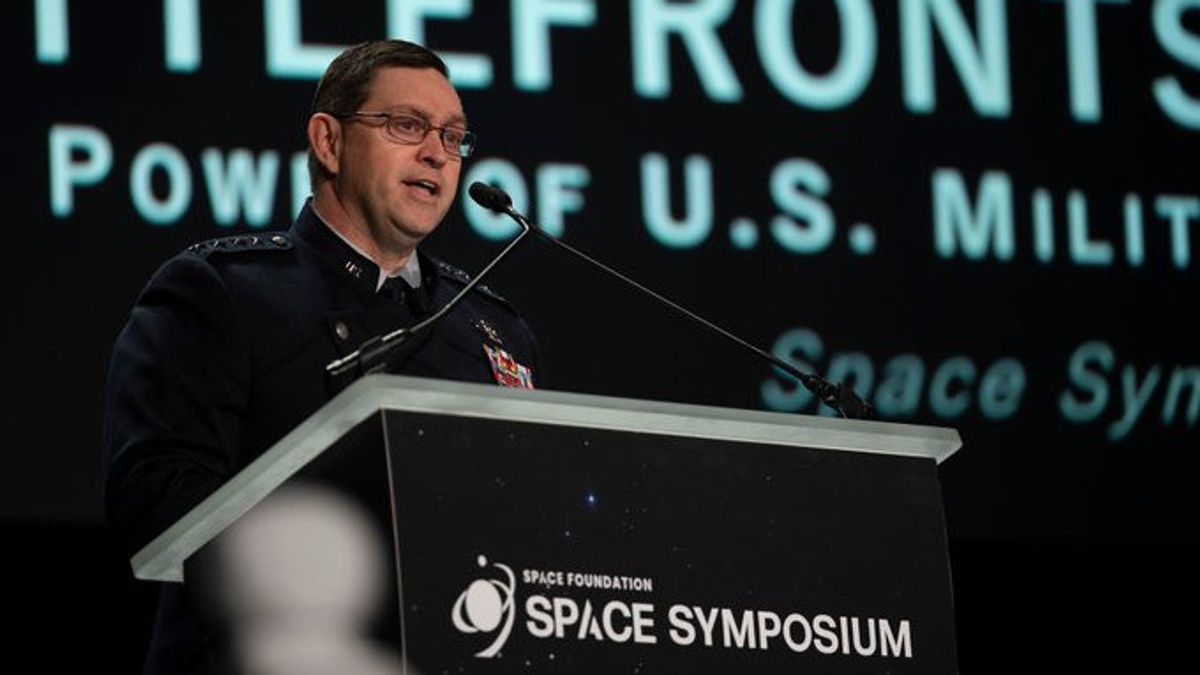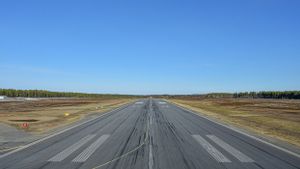JAKARTA - The US Space Force has taken steps forward by conducting its first test of a ground war system designed to protect military forces from attacks made possible by space.
Known as the Remote Modular Terminal (RMT), the system aims to address potential threats from countries such as Russia and China, which have shown interest in placing nuclear weapons in space.
The US Space Force Training and Readiness Command (STARCOM) has started testing the Remote Modular Terminal (RMT), a satellite disruptive device intended to protect troops from satellite-based attacks.
This test highlights the US's response to growing concerns about space security, especially as other countries are increasingly exploring the possibility of using weapons in space. RMT is a ground defense system designed to protect US troops from satellite attacks that could disrupt communications and military operations.
This event shows a new vision of service for integrated and operational development testing to provide a more relevant capability to Guardians respond more quickly, Lieutenant Colonel Gerrit Dalman of the US Space Force said.
In this trial, the RMT system was operated in two separate geographic locations and controlled from third place, showing high operational flexibility. The US Space Force emphasizes that this is a significant step in strengthening the country's defense against threats from space.
If successful, the RMT will provide additional protection for US troops, allowing them to remain connected and operate effectively even in an attack situation from space. This is an important step in maintaining US excellence in the national security sector and responding to growing threats in the space environment.
This trial also took place amid increasing geopolitical tensions, especially between the US, Russia and China. When Russia and China showed interest in the use of weapons in space, including nuclear weapons, measures such as the development of the RMT system became increasingly important for the US to maintain its national security and sovereignty.
The success of this trial also highlighted the importance of technological innovation in maintaining military excellence. Using a remote-operated system that costs relatively low, the US can secure its national interests without sacrificing the lives of military personnel.
SEE ALSO:
In a speech at the Space Foundation's annual Space Force Symposium earlier this month, General Chance Saltzman, CSO US Space Force, said it was very important for the latest US military branch to work in close partnerships with the commercial industry.
"The Space Force must take advantage of the benefits of technological innovation and capabilities that arise if we want to be able to compete with our competitors, or the Space Force will lose, the Joint Forces will lose, and the US will lose," he said.
"Throughout the history of our nation, the success of the military depends on the support of the commercial industry," said Saltzman.
While there is still much to be tested and developed further, this move demonstrates the US's commitment to maintaining excellence in space and protecting the country from potential threats in the future. Along with other efforts in the national security domain, this trial is an important step in ensuring US sovereignty and security in increasingly complex and competitive space.
The English, Chinese, Japanese, Arabic, and French versions are automatically generated by the AI. So there may still be inaccuracies in translating, please always see Indonesian as our main language. (system supported by DigitalSiber.id)















